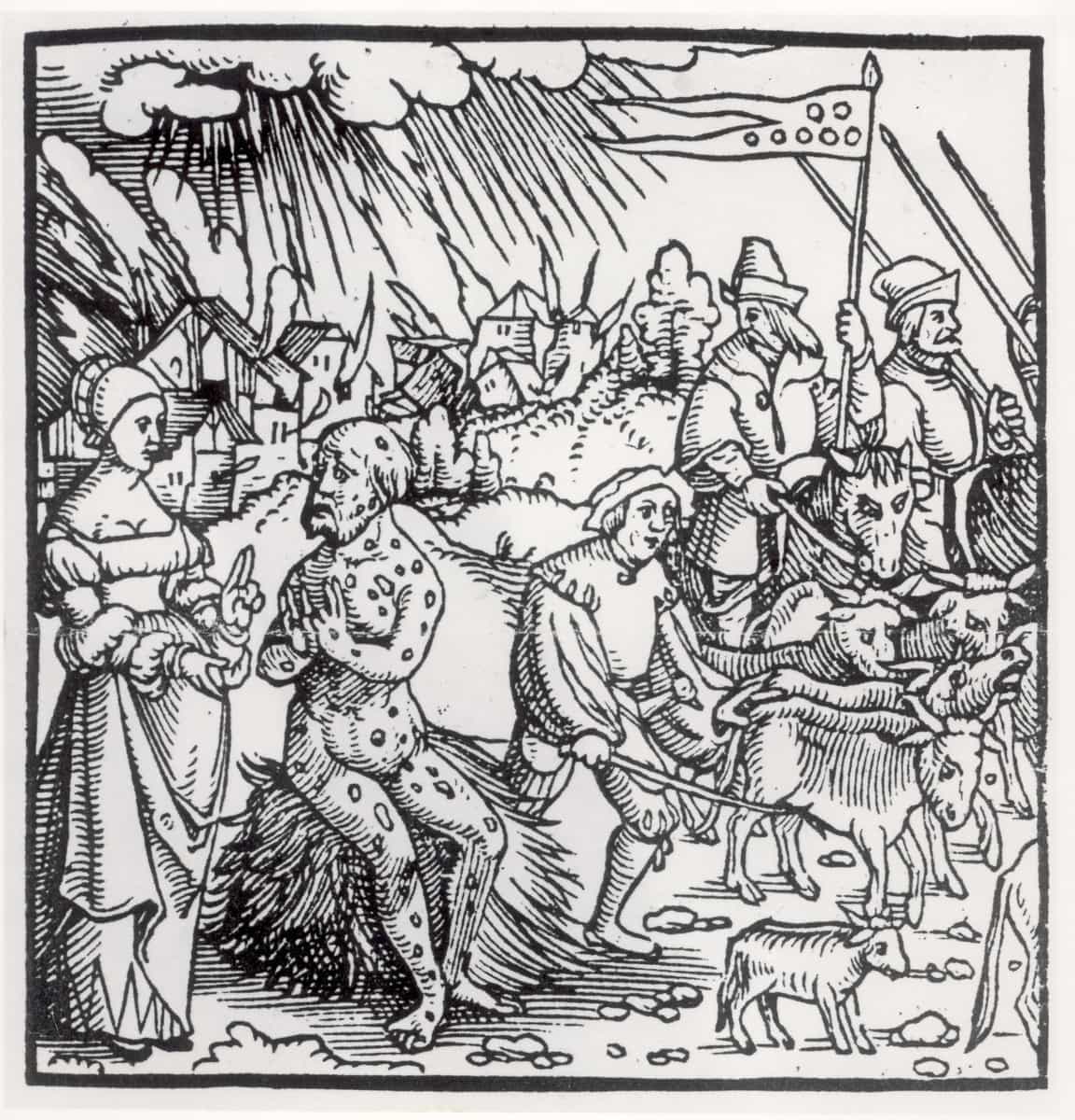The March, 2013 John Martin Rare Book Room open house featured books and art on The Plague. Alice M. Phillips edited the original exhibit materials and designed an online exhibit: The Black Death.
Category Archives: Exhibits
William Stewart Halsted, Father of American Modern Surgery: a retrospective
The University of Iowa History of Medicine Society invites you to hear: Nicholas P. Rossi, Emeritus Professor, Department of Cardiothoracic Surgery, University of Iowa College of Medicine. Rossi will provide a fascinating look at the life and medical achievements of William Stewart Halsted, considered the father of modern American surgery. Halsted, who lived from 1852-1922,Continue reading “William Stewart Halsted, Father of American Modern Surgery: a retrospective”
Univ. of Iowa College of Medicine Historical Photographs
University of Iowa College of Medicine Historical Photograhs are now available through the Iowa Digital Library. The collection includes 194 images from 1844-2010. The collection is a composite of several collections held at the Hardin Library including two boxes of lantern glass slides from ca. 1910. The original slides are now housed in the UniversityContinue reading “Univ. of Iowa College of Medicine Historical Photographs”
Permanent Exhibit Honors Dr. Hardin
A permanent exhibit honoring Dr. Robert C. Hardin, for whom the Hardin Library for the Health Sciences is named, is now on display near the Library’s 3rd floor entrance. In addition to performing pioneering research in blood banking and transfusion and in diabetes, Dr. Hardin was instrumental in the current design of the University of Iowa’s healthContinue reading “Permanent Exhibit Honors Dr. Hardin”
Women in Medicine Opening & Program Thursday, October 18
Thursday, October 18, 2007, 4:00 – 7:00 p.m. Begins at Sahai Auditorium room 110A, Medical Education & Research Facility (map), then moves to Hardin Library for the Health Sciences. Join us as we celebrate the opening of the traveling exhibit from the National Library of Medicine, Changing the Face of Medicine. U.S. Food and DrugContinue reading “Women in Medicine Opening & Program Thursday, October 18”
Changing the Face of Medicine Exhibit coming this week
Women doctors are the focus of a new traveling exhibition on display at the Hardin Library for the Health Sciences from October 11 through November 30. Changing the Face of Medicine: Celebrating America’s Women Physicians tells the extraordinary story of how American women who wanted to practice medicine have struggled over the past two centuries toContinue reading “Changing the Face of Medicine Exhibit coming this week”
“From Monks to Masters”
The companion lectures to “From Monks to Masters,” an exhibit now being held at the University of Iowa Museum of Art, have been scheduled for broadcast on UITV. One of the presentations by Ed Holtum, “Breaking with Galen,” provides a glimpse at anatomical knowledge and illustration from the era of the manuscript through the firstContinue reading ““From Monks to Masters””
History Through Deaf Eyes Exhibit Opens at Hardin
NOTE: “History Through Deaf Eyes” will continue through Thursday, February 23rd . Well over one hundred attendees showed up Friday afternoon, November 4 for the official opening of the exhibit, “History Through Deaf Eyes” now on display at the Hardin Library. The touring exhibit, developed by Gallaudet University and sponsored by numerous funding agencies wasContinue reading “History Through Deaf Eyes Exhibit Opens at Hardin”
